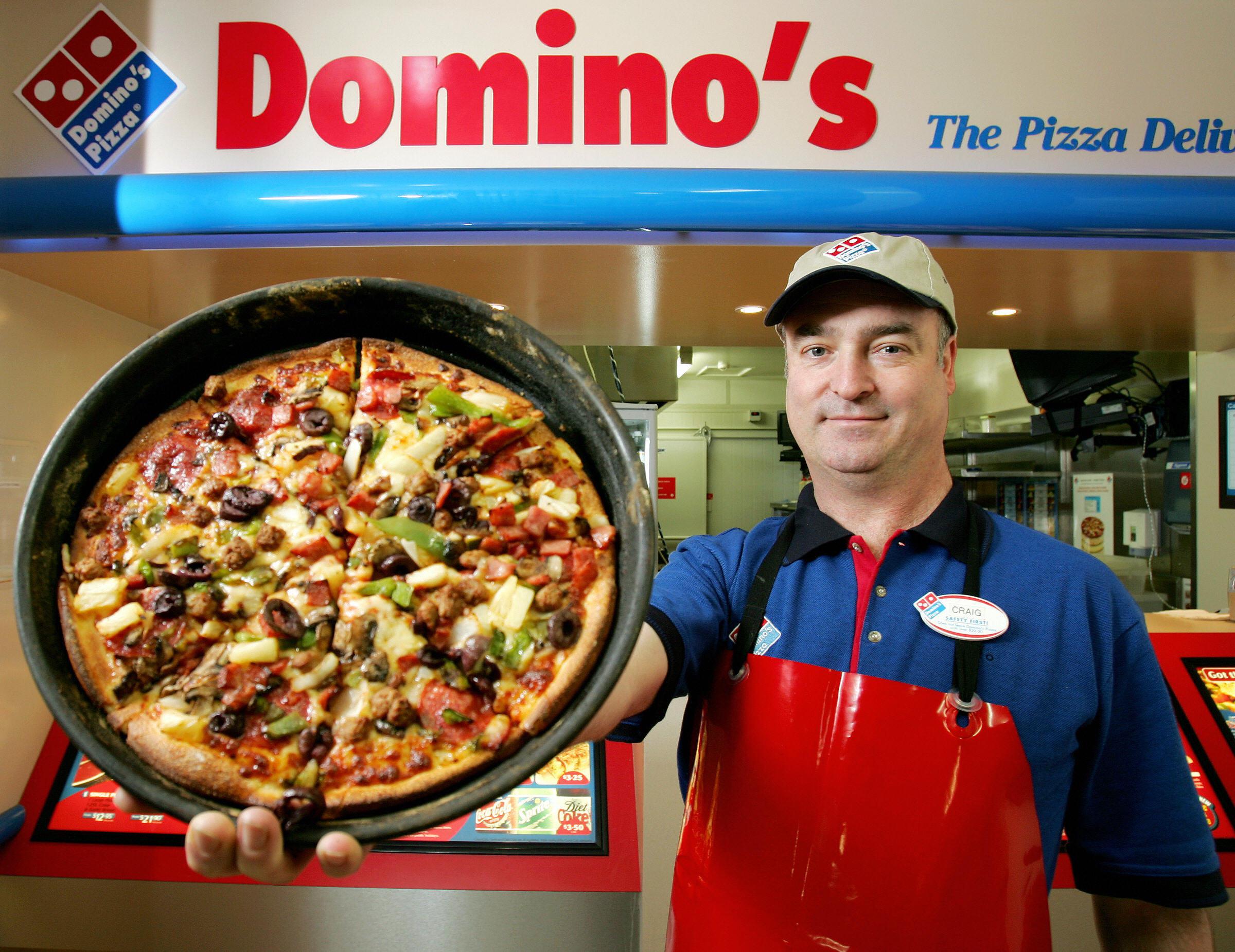The dispute between the U.S. and India over the treatment of a diplomat accused of underpaying her housekeeper was already getting way out of hand, but now apparently America’s favorite purveyor of terrible pizza (and the world’s largest pizza chain) has been drawn into it:
Protesters ransacked a Domino’s Pizza (DPZ.N) outlet in a Mumbai suburb on Friday, demanding a ban on U.S. goods as officials from the two countries struggled to defuse a row over the arrest of an Indian diplomat in New York.
Thankfully, no one was injured in the attack. Obviously, attacking a pizza restaurant owned by an Indian franchise is not the best way to protest U.S. government actions. This risked the safety and livelihoods of, or at the very least massively inconvenienced, Indian workers much more than it impacted the American brand. But as visible manifestations of American culture, fast-food restaurants have often born the brunt of anti-Western sentiment.
In the Islamic world, KFC has had it the worst. In 2006 a KFC was ransacked in Peshawar, Pakistan, during the riots that followed the publishing of Mohammed cartoons in a Danish newspaper. Later that year a KFC in Karachi was burned to the ground for less clear reasons following an attack on a Shiite mosque. KFC, Hardee’s, and Krispy Kreme were all targeted by crowds in Tripoli, Lebanon, during a visit by Pope Benedict in 2012. Following that attack, KFC pre-emptively shuttered its restaurants in Pakistan. During the 2011 protests against Egyptian President Hosni Mubarak, officials accused demonstrators of being paid off by foreign interests with buckets of KFC.
KFC has about 300 restaurants in India, but this time, apparently, Colonel Sanders got a reprieve.
